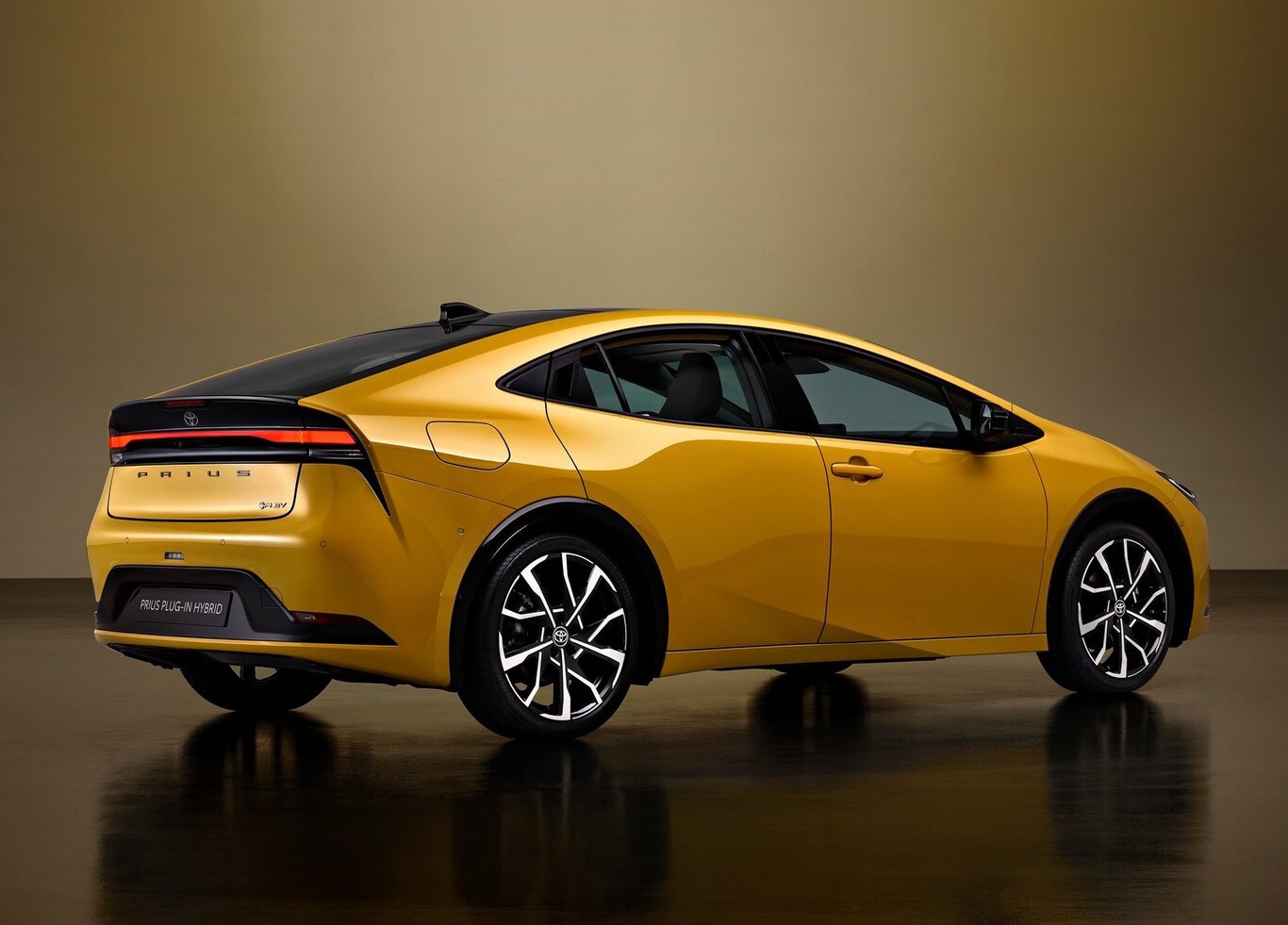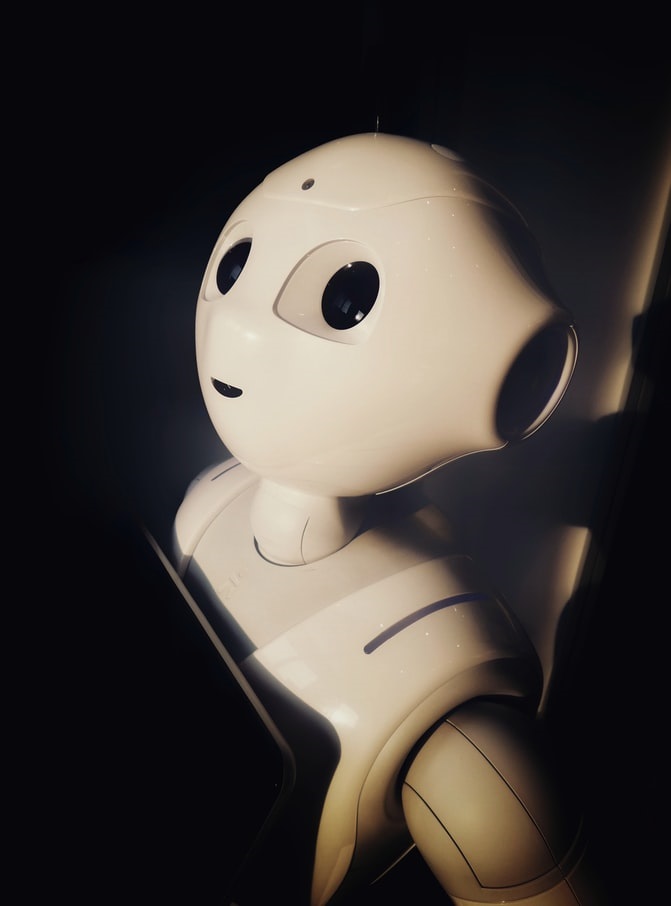
The bet is risky, and the results will begin to be known very soon. Toyota does not believe in the electric car. She is sure that the hybrid (plug-in or not) is a key piece in a transition to electric cars and the long-term future. The first victim of this decision is the Toyota bZ4x, its first electric car.
A complicated birth. The birth of the Toyota bZ4x has been complicated. Its first electric car has also served to develop two other brothers: the Lexus RZ 450e and the Subaru Solterra. Each one with their way of being. The Lexus is more luxurious. The Subaru is more country. The Toyota, the mass car.
But since its official announcement at the end of 2021 and since deliveries began, the Toyota bZ4x has become a continuous headache for the brand. A headache that has been increasing with a massive recall due to serious problems with its wheels (they could come off in emergency braking) and studies that point to a range far from expected in real driving conditions.
1,200 units. All this has meant that Toyota has barely registered 1,200 units. Of these, almost a thousand hit the market in the last quarter. Four units have arrived in our country. In Spain, the Toyota bZ4x will only be available under the renting formula. At least, for now, it will not be possible to buy it.
The numbers, therefore, are very weak for the largest vehicle manufacturer in the world. In 2022 alone, Toyota sold more than half a million electrified vehicles. Among them, the Toyota Mirai, its commitment to hydrogen and the fuel cell, managed to add 2,000 units despite the intrinsic drawbacks of this model.
10,000 units. The situation is such that the company has put a ceiling on its sales in the United States, collects Car and Driver: 10,000 units. A very low figure for the manufacturer that sells the most cars in the country. The Tesla Model 3 sold almost 200,000 units nationwide among the electric ones. The Tesla Model Y follows it. The Ford Mustang Mach-E sold more than 60,000 units in the third position.
For a better picture, Car and Driver highlighted that a car as niche as the Toyota GR Yaris had already reached 12,000 units. Or that Volkswagen ID.4 had already put more than 20,000 units on the market. And the forecasts only suggest that the world market for electric cars will continue to grow.
The future is hybrid! To justify this decision, Toyota has given a visual example: with each 100 kWh capacity battery, the manufacturer can produce 90 Toyota Prius electric hybrids and six Toyota RAV4 plug-in hybrids. That is, Toyota continues to prefer to sell in volume instead of fewer units at a higher price, as Volkswagen did announce.
“Time is on our side. This shortage, not just of battery materials, but also of charging infrastructure, will make it abundantly clear that there is no one-size-fits-all solution, and that the best answer is a mixture of different types of vehicles,” Gill Pratt, Toyota’s chief scientist, told Automotive News.
Around with the electric car. The statements align with the expectations the brand has placed on future technologies. At Toyota, they have tired of saying actively and passively that they do not believe in the electric car as the only alternative to combustion engines.
The firm has been looking for solutions under the stones to the electric car for a long time, from a firm commitment to hybridization (plug-in or not) to the most unexpected uses of hydrogen, from the fuel cell to cartridges, through its burning in combustion engines.
There is something Still not everyone at Toyota may agree with. The failure to launch the Toyota bZ4x has made the company reconsider completely changing its roadmap. In 2021 they announced that they would launch up to 30 models with different battery sizes before 2030. According to Reuters, everything has remained a dead letter. The firm is studying the development of a new platform with an investment of 38,000 million dollars.
In April, Akido Toyoda, its CEO since 2009 and grandson of its founder, will leave the company. Toyoda has been one of the great critics of the electric car, and its management has been based on two great plans for the future: to give Toyota a sporty patina lost in the years before its entry and hydrogen to save energy.
The best that no one is making. Although the European Union has confirmed that they will not allow the sale of vehicles with combustion engines after 2035, and manufacturers have been reluctant, the truth is that more and more firms are abandoning the development of combustion engines, anticipating very tough conditions for its future with the new Euro 7 regulations.
For the moment, Toyota does not finish betting on them and continues to send messages (with statements and facts) which ensure that they will remain with the hybrids by the flag. Time will tell if they are right or, on the contrary, the market overwhelms them.

Sharlene Meriel is an avid gamer with a knack for technology. He has been writing about the latest technologies for the past 5 years. His contribution in technology journalism has been noteworthy. He is also a day trader with interest in the Forex market.











